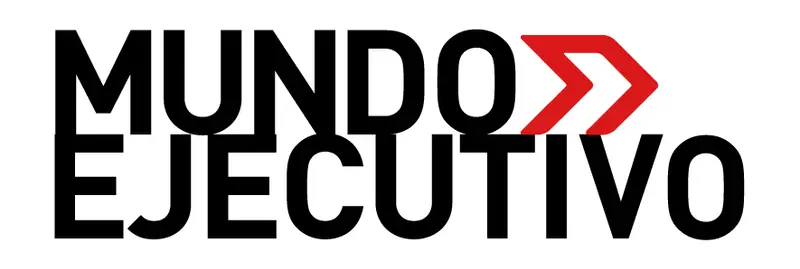Understanding the BOI Rule and Its Implications
Small businesses across the United States have received a slight reprieve from a potentially burdensome regulation known as the Beneficial Ownership Information (BOI) rule, part of the Corporate Transparency Act. Originally set to take effect on January 1, 2025, this rule required all business entities—including LLCs, S-corporations, and even certain homeowners’ association boards—to register personal information about their owners with the Financial Crimes Enforcement Network (FinCEN).
This requirement was seen as an absurd measure that would treat small business owners as if they were financial criminals. With every business owner mandated to submit copies of their driver’s licenses or passports along with their personal and business information, many owners felt that their rights to privacy were being violated.
Invasion of Privacy and Compliance Risks
Not only did this rule impose severe financial penalties for non-compliance—fines reached nearly $600 per day—it also came with the threat of potential jail time. This caught many small business owners off guard, as information about the rule had been poorly disseminated nationwide. As House Small Business Committee Chair Rep. Roger Williams pointed out, only 14.2% of small businesses had prepared for compliance with the BOI rule, leaving a significant portion unaware of the impending requirements.
Why the Rule Exempted Large Businesses
The rationale behind the BOI rule was purportedly to combat terrorism, money laundering, and other illicit activities. However, the exemption granted to larger corporations stirred considerable skepticism about the rule’s true intention. Large entities, often more capable of engaging in such activities, faced no obligations under this intrusive regulation, making it seem as if small business owners were being unfairly targeted.
The Recent Court Ruling
In an unexpected twist, the Center for Individual Rights (CIR), working in conjunction with the National Federation of Independent Business (NFIB) and other advocates, successfully secured a nationwide injunction against the enforcement of the BOI rule. This ruling emerged after a Texas judge deemed the rule unconstitutional. While this decision signals a monumental victory for small business owners, uncertainty persists as FinCEN has appealed the ruling, raising concerns about the future of the injunction.
The Need for Legislative Action
With the potential for the initial ruling to be overturned, congressional action has become increasingly vital. Legislators have introduced delay bills in both the House and Senate, and the

